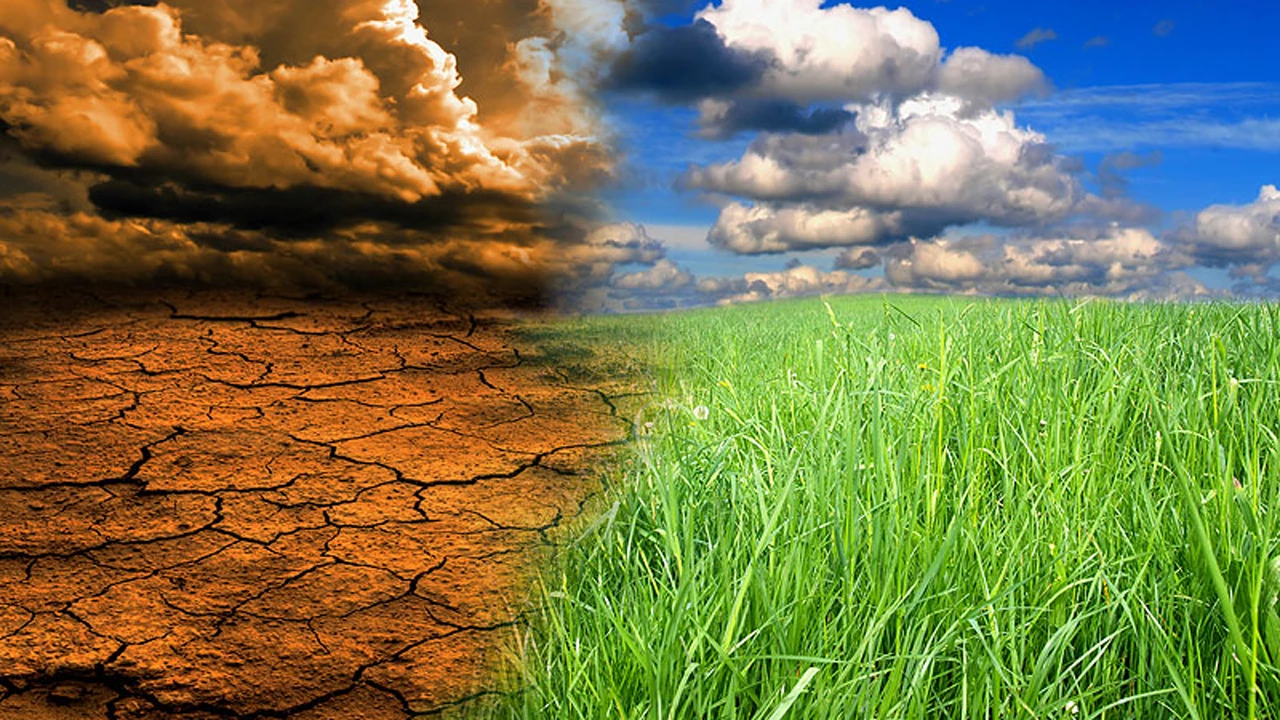Agriculture, the backbone of human civilization, faces unprecedented risks from climate change. Rising temperatures, shifting rainfall patterns, and extreme weather events are affecting crop yields, food prices, and global food security.
Global Trends and Impacts
The Food and Agriculture Organization (FAO) reports that climate change has reduced yields for staple crops like wheat, maize, and rice by 10–20% in certain regions over the past decade. Droughts in Africa, floods in South Asia, and heatwaves in Europe illustrate the vulnerability of farming systems worldwide.

Socioeconomic Consequences
Lower agricultural productivity disproportionately affects low-income countries where farming is a primary livelihood. Rising food prices increase hunger and malnutrition risks, while farmers face economic instability and migration pressures.
Technological and Policy Solutions
Scientists are developing climate-resilient crop varieties, water-efficient irrigation systems, and precision farming technologies to mitigate the impact. Governments are implementing subsidies, crop insurance, and early warning systems for extreme weather events. International cooperation, through initiatives like the UN’s Climate-Smart Agriculture program, also plays a vital role.
Community and Individual Actions
Farmers are adopting sustainable practices such as crop rotation, organic fertilizers, and agroforestry. Consumers can contribute by reducing food waste, supporting local farmers, and choosing climate-conscious products.
Climate change is no longer a distant threat; it is reshaping agriculture today. A combination of innovation, policy, and community action is essential to safeguard food security for future generations.